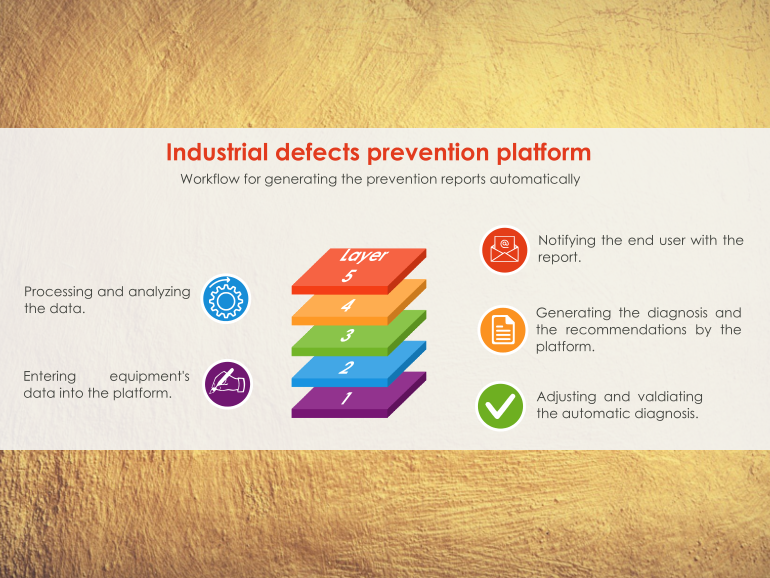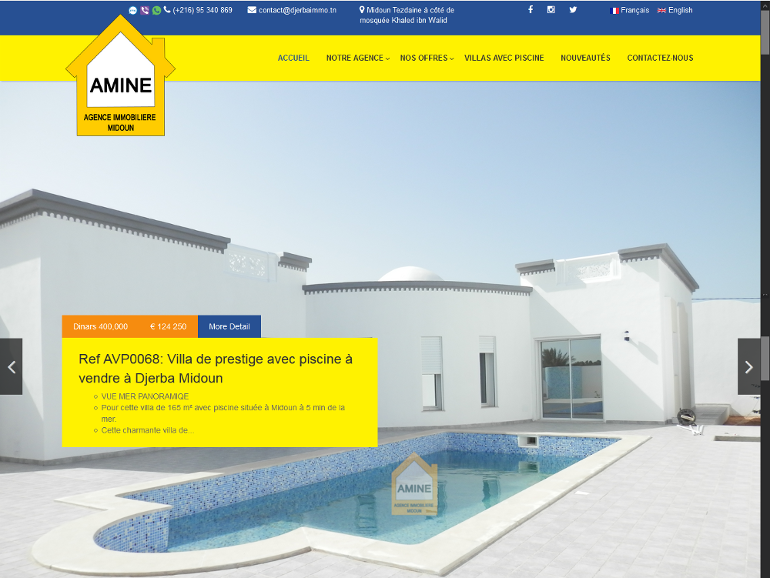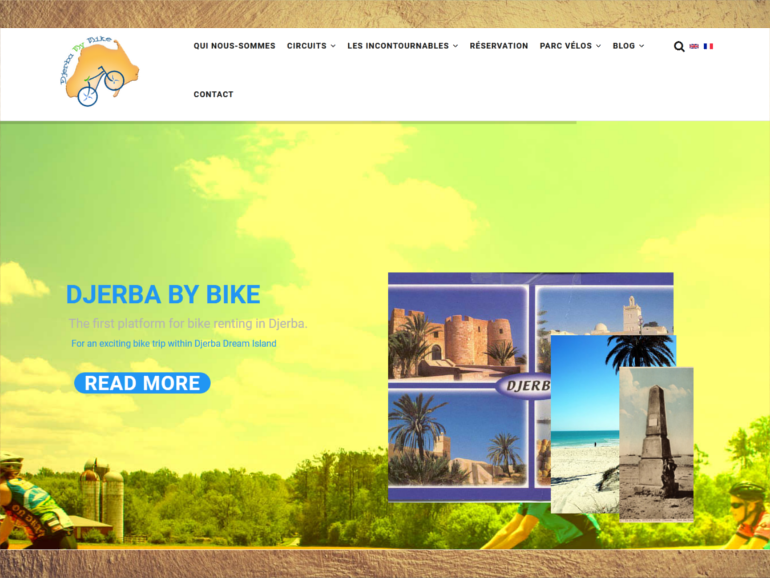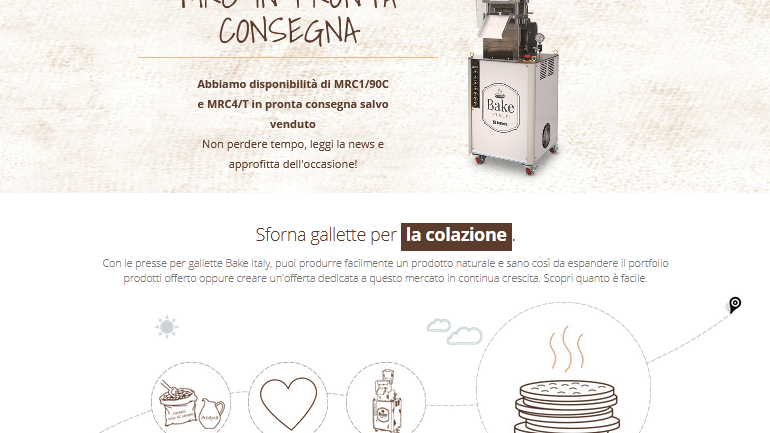Drupal, this CMS that wishes you well
Why Drupal
If we want to reduce Drupal to its unique CMS dimension, this article would not be appropriate to be written.
Indeed, just like Wordpress, Joomla or Magento, Drupal allows users with a basic computer culture, to create their own professional websites with a state-of-the-art design, without writing a single line of code.
And yet it is not this basic feature that brings him the greatest interest.
Modularity, Freedom and Solidarity
During the creation of a website, it is common to express a need to integrate a particular functionality.
This could be a carousel of scrolling images for the homepage or a voice file playback component for a podcast site or even an API for sending promotional text messages.
There is no point in reinventing the wheel, all of its features and thousands of others are available in open access owing to the Drupal community, hence we speak about Modules.
Just download, install and configure these modules to see a need that would otherwise have cost us weeks of development, implemented in a few clicks.
Now, once having installed the SMS sending module and the visitor geolocation module, we want to change their behavior by sending SMS only to visitors from a specific geographic area.
Since the two modules are independent, it is necessary to make modifications at least on one of them at the risk of making its maintainability complex in case of futures updates of these two modules.
This is where Drupal's modular approach comes in: all you have to do is integrate a third personalized module which will be grafted onto these two modules to meet the required need without altering their source codes.
A standardization strategy
From 2000 to 2015, the different versions of Drupal did not make a noticeable difference from each other in terms of architecture and it is version 8 which converted Drupal to the requirements of another equal popular php framework: Symfony.
By adapting its architecture to the Symfony formalism, Drupal has consolidated its resilience while broadening its spectrum of users. On the other hand, by using the "Composer" tool to manage the multitude of php libraries, its installation but especially its maintenance for updates have been made more fluid.
What about his future
Like all php solutions, Drupal is facing the rise of javascript frameworks (Angular, Backbone, React ...) but also mobile technologies (iOS, Androïd, Objective-C ...).
Rather than competing with them, Drupal has been able to coexist with these new entrants by presenting itself as a reliable and robust backend in terms of security and a solid data management architecture interfaced with REST services.
Long years therefore await our good old Drupal, let's take advantage of it.























